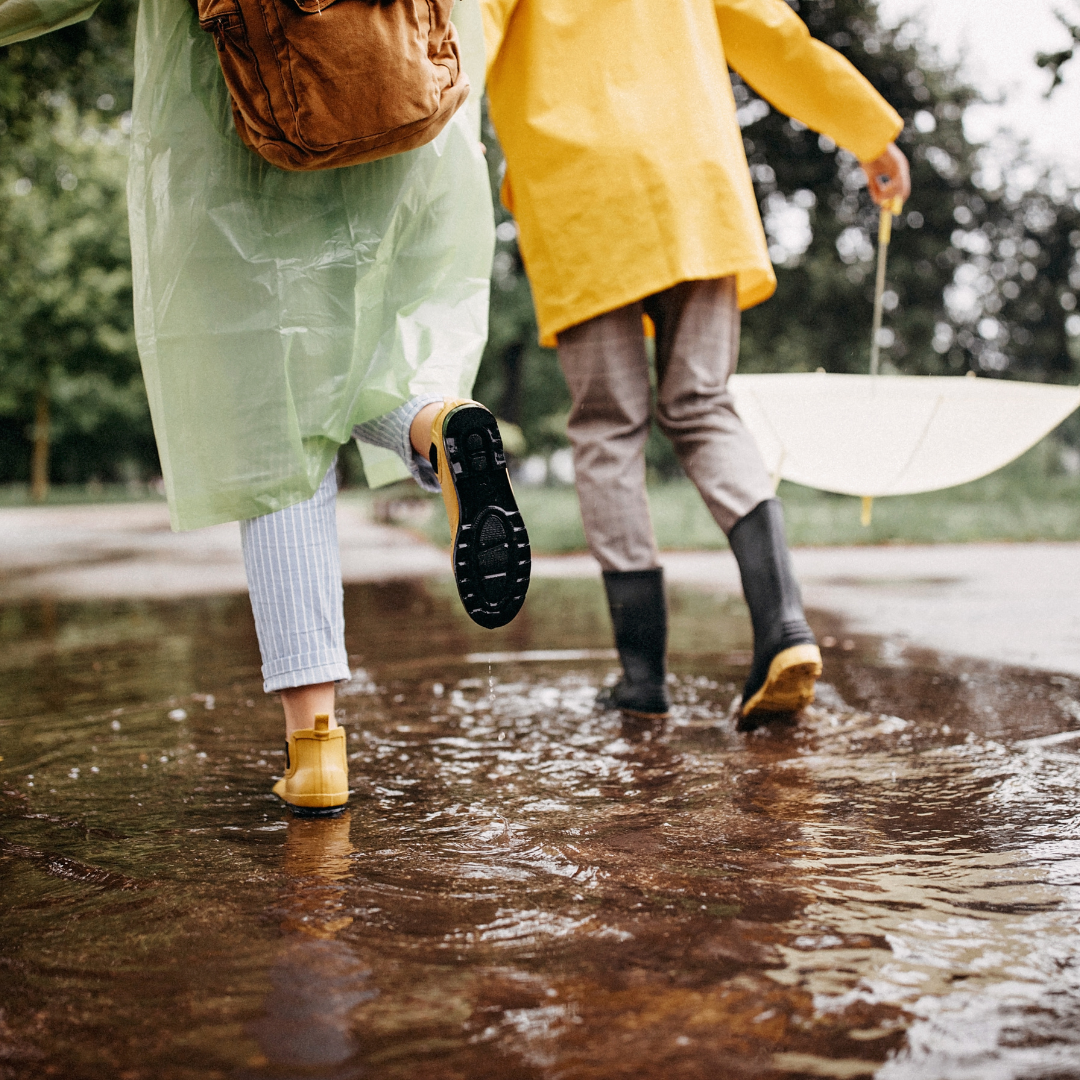I love rainy days. The sound of rain on the roof and windows usually provides me with a peaceful, relaxed feeling. I remember one time, though, when the sound of raindrops sounded more like alarm bells going off than a soft, cozy pitter-patter.
Years ago, when my wife and I were new homeowners (and before I was a realtor), I was at the office on a rainy day in January. My phone rang and I picked it up to hear my wife’s stressed voice telling me I needed to come home asap. The basement carpet was soaking wet.
I rushed home. My wife and I lifted the carpet, put sandbags down, and did everything we could to stop our things and our home from complete catastrophe.
That week felt like a crash course in homeownership. We replaced the carpet, installed a sump pump, and gained a wealth of knowledge about safeguarding our home from the devastating effects of water damage.
As homeowners in the Pacific Northwest, it’s essential to protect your valuable home from water damage. Over many years of working in real estate, I’ve seen water damage affect all parts of people’s homes, ranging from minor to catastrophic. I don’t want that to happen to you.
If I’m your realtor, you can be sure I’ll help you spot potential issues – raindrops on your roof should lull you to sleep, not send you into a middle-of-the-night scramble to stop a disaster.
Here are 6 key things you can do to prevent water damage:
- Keep your gutters and downspouts clear.
Make sure they’re free of debris so water flows freely and away from your home. You’ll prevent water from accumulating on your roof and causing leaks and damage.
- Inspect your roof regularly
You can look for missing or damaging shingles, cracking, and other signs of wear and tear. If you notice anything, have it repaired as soon as possible so water won’t find its way into your house.
- Seal your windows and doors.
I’ve learned this one the hard way too. Take the time to seal around windows and doors, so you can prevent water from leaking in and damaging your interior walls and rooms.
- Check your grading and drainage.
Where is the water running once it hits the ground? If your yard doesn’t slope away from your home, you can create ways for the water to drain away from the house so it doesn’t pool, causing flooding and/or foundation damage.
- Check your sump pump.
If you have a sump pump, make sure it’s in working order and not blocked by debris.
- Create a disaster plan.
It’s always a good idea to be prepped for emergencies. Having sandbags and tarps on hand can help in the case of flooding. Make sure you and your family know what to do in case of flooding and severe weather, and know how to shut off your utilities in case of an emergency.
That’s it for this rainy-day post, written on a rainy day in Seattle. Please call or email me anytime for real estate advice or questions.
Email me at drew@windermere.com or call me at 206-619-2739.
Stay informed and up-to-date with my newsletter, Drew’s News. Email me at drew@windermere.com to subscribe!
 Facebook
Facebook
 X
X
 Pinterest
Pinterest
 Copy Link
Copy Link
